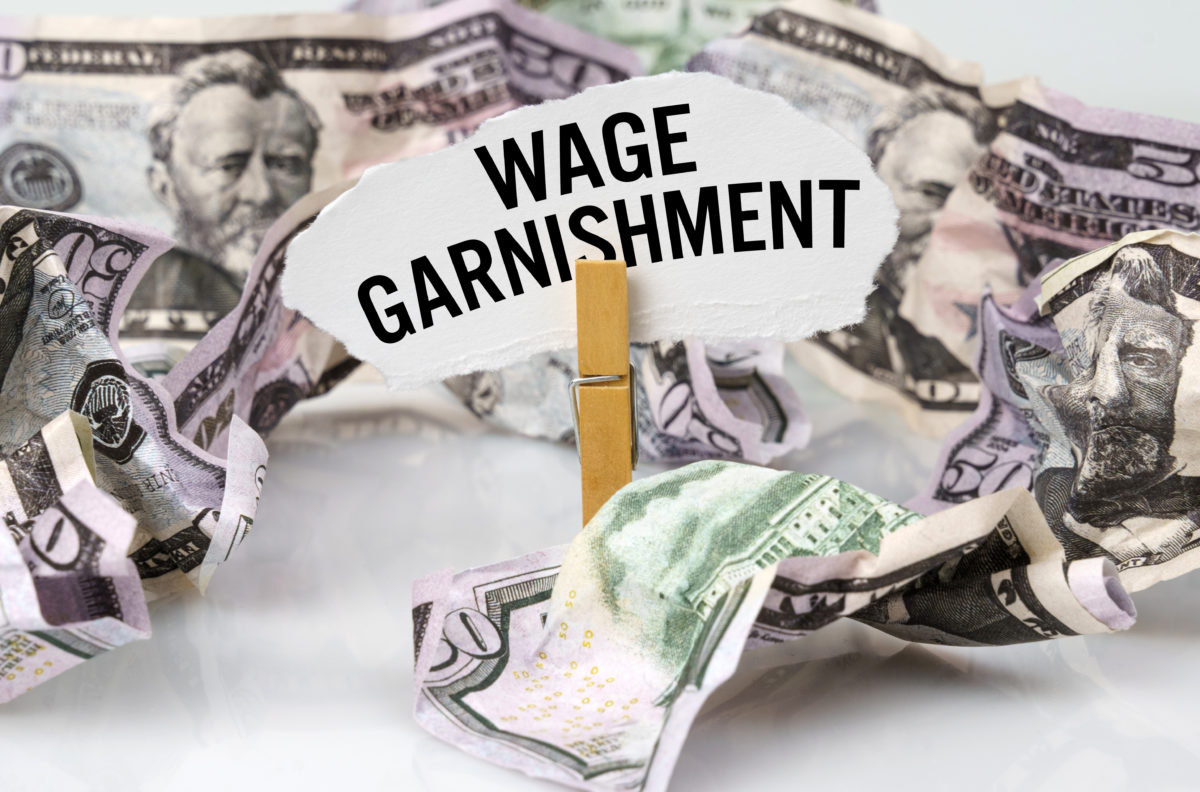When an employee has an outstanding debt, their employer may receive a court order or IRS notice to withhold a portion of the individual’s compensation for repayment. These are called wage garnishments, and employers are legally obligated to take the appropriate deductions from their employee’s wages and remit payment to the designated agency or creditor, until the debt is fully paid or subsequent notice to stop withholding is received. Wage garnishment orders can result from child support orders, alimony, unpaid taxes, defaulted student loans, and other consumer debt. The rules may change depending on the type of garnishment, and employers should understand how to handle each situation.
Consumer Credit Protection Act
Wage garnishments for consumer debt including credit cards, medical bills, and personal loans are usually made by court order. The Consumer Credit Protection Act (CCPA) limits the amount of an employee’s wages that may be withheld from each check for a creditor garnishment. Generally speaking, the garnishment amount is limited to a portion of an employee’s disposable earnings, meaning the earnings left after legally required deductions such as taxes are taken out. This fact sheet from the Department of Labor’s Wage and Hour Division provides details on the limitations. The CCPA also protects employees from being terminated as a result of having a wage garnishment issued for a single debt. Individual states may have additional protections for employees with multiple garnishment orders, as well as rules on how much of an employee’s pay may be withheld. As in most cases, employers should follow the rule that is most beneficial to the employee.
Child Support
Child support orders are subject to a different set of rules, and are not covered by the CCPA. Withholding amounts for child support orders can vary depending on whether the employee is supporting another spouse or child, or is more than 12 weeks in arrears with regard to support payments. These amounts can go up to a maximum 65% of disposable earnings in some situations.
Garnishment for Federal Student Loans
Employees who have defaulted on federal student loans can have their wages garnished for repayment of the loans. Wage garnishments for federal student loans can be made for up to 15% of an employee’s disposable earnings. In 2020, the US Department of Education instituted relief measures due to the coronavirus pandemic, which paused collections on defaulted federal student loans. In August of 2021, an extension was announced to allow pause of payments until January 31, 2022.
Tax Levies
The IRS has yet another set of rules for employers to follow when dealing with federal tax levies. These are usually determined by an individual’s dependents, employee claims, and standard deduction. Unlike the other garnishment types, IRS levies are typically designed to take all of an employee’s wages, less an exempt amount. IRS Publication 1494 is provided to employers along with the Notice of Levy to help determine exempt amounts.
Consult an Expert in Garnishments
With all the different types of garnishments, their specific rules, and individual calculations, dealing with them can be a challenging task. Incorrect handling and non-compliance can lead to additional liability and burden for both a business and the affected employee. Working with a professional can take away this stress by helping to ensure wage garnishments are handled correctly and payments are remitted to the proper agencies. Contact Valor Payroll Solutions today and learn how we can help!





